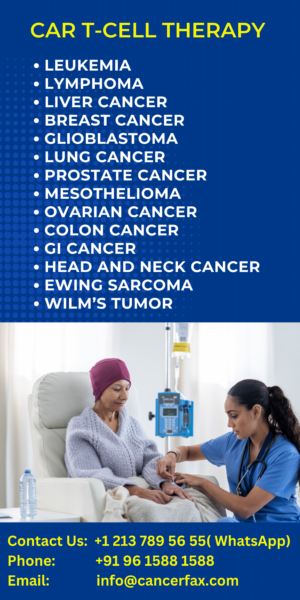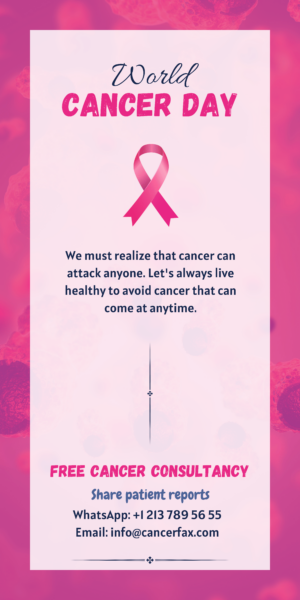Alkeran (Melphalan Hydrochloride)
Introduction: Alkeran, a generic name for Melphalan Hydrochloride, is a chemotherapy drug that is mostly prescribed to treat specific cancers. Alkeran’s strong anti-cancer qualities have made it an essential weapon in the fight against many cancers. The complexities of Alkeran are examined in this article, along with its uses, adverse effects, administration, and developments in its therapeutic use.
Understanding Alkeran: Alkeran is a member of the alkylating agent class of pharmaceuticals. It functions by obstructing the synthesis of DNA in cancer cells, which eventually results in their demise. Because of its mode of action, it can effectively treat a variety of diseases, such as multiple myeloma, ovarian cancer, and some forms of leukemia.
Applications for Alkeran
1. Multiple Myeloma: Alkeran is frequently used to treat this cancer that affects the bone marrow’s plasma cells. It is frequently taken as part of a stem cell transplant protocol or in conjunction with other drugs.
2. Ovarian Cancer: Alkeran, either by itself or in conjunction with additional chemotherapy medications, may be used to treat advanced ovarian cancer.
3. Specific Leukemia Types: Alkeran is also effective in treating specific leukemia types, including acute myeloid leukemia (AML) and chronic myeloid leukemia (CML).
Administration and Dosage: Depending on the particular treatment plan and the type of cancer being treated, Alkeran is usually given intravenously or orally. The patient’s weight, general health, and cancer stage are among the variables that affect the dosage. Patients must carefully follow the directions of their healthcare professional and stick to the recommended dosing regimen.
Alkeran adverse effects: Although Alkeran is a highly efficient cancer treatment, it also has a number of unfavorable side effects, some of which may be serious. Typical Alkeran side effects include:
1. Experiencing nausea and vomiting
2. Suppression of bone marrow, resulting in a reduction of platelets, red blood cells, and white blood cells
3. A heightened vulnerability to illnesses
4. Exhaustion
5. Loss of hair
6. Loss of appetite
7. Sores on the mouth
8. Itching or skin rash
Some patients may have more severe adverse reactions to Alkeran in addition to these typical side effects. These may consist of:
1. Allergic responses that are severe
2. Toxins to the lungs
3. Toxin to the liver
4. Adjacent malignancies, like leukemia
5. Unable to conceive
Healthcare professionals should constantly monitor patients receiving Alkeran for any indications of adverse events and should administer appropriate supportive care as needed.
Developments in Alkeran Therapy: The application of Alkeran in cancer treatment has seen tremendous progress throughout the years. One significant advancement in the treatment of multiple myeloma is the use of high-dose chemotherapy regimens combined with autologous stem cell transplantation. It has been demonstrated that patients with this illness do better when using this strategy, known as high-dose therapy with stem cell rescue.
Alkeran is being studied in combination with other targeted medicines and immunotherapies in clinical trials for different forms of cancer, in addition to its usage in conventional chemotherapy regimens. The goal of these research projects is to find novel therapeutic modalities that could enhance cancer patients’ prognoses and lessen their adverse effects.
In summary, Alkeran, also known as Melphalan Hydrochloride, is an essential component of therapy plans for a number of cancers, such as ovarian cancer, multiple myeloma, and some forms of leukemia. It can destroy cancer cells quite effectively, but there are a number of negative effects that can occur, some of which may be serious. Healthcare professionals should constantly monitor patients receiving Alkeran and offer appropriate supportive care as needed. The role of Alkeran in cancer treatment is still changing as a result of ongoing research and developments in cancer therapy, which gives patients hope for better results down the road.
- Comments Closed
- March 22nd, 2024









Privacy Overview